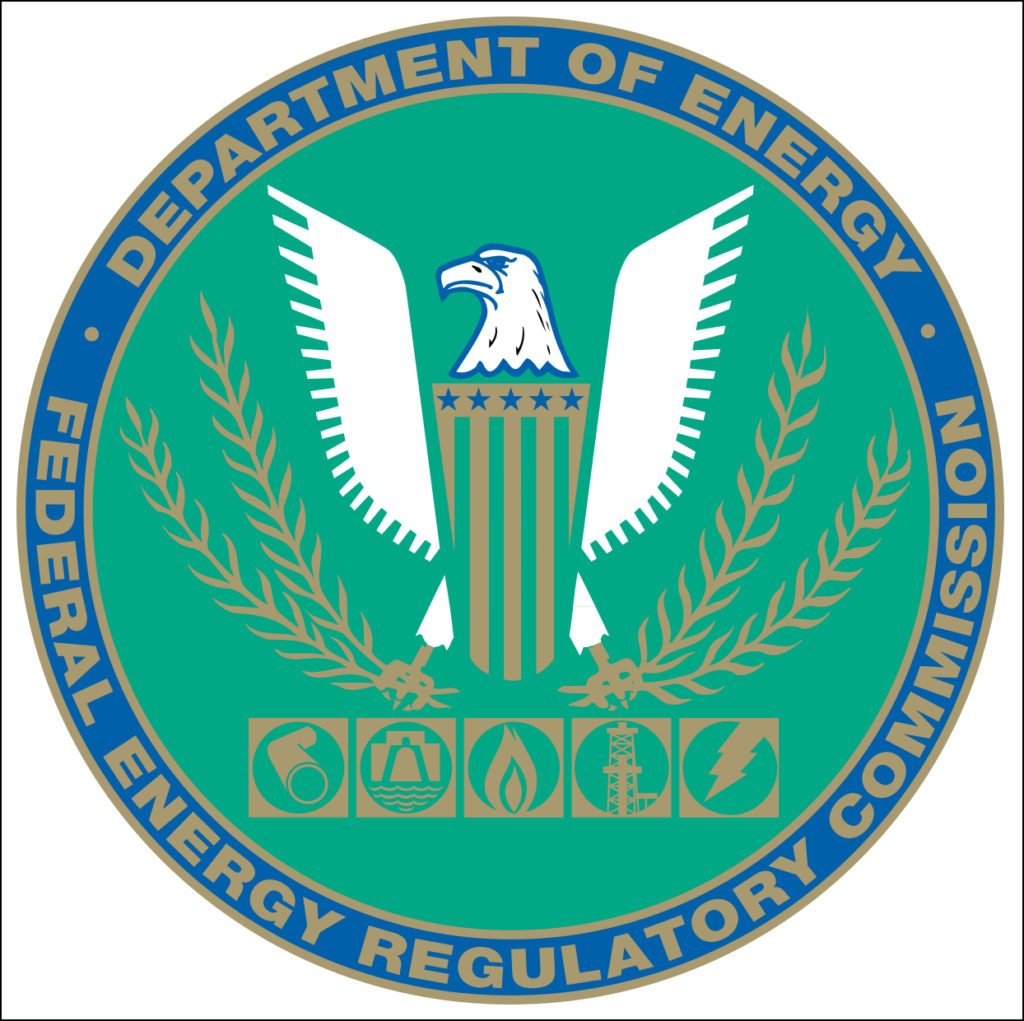Regulatory | Coronavirus | Infrastructure | NGI All News Access | NGI The Weekly Gas Market Report
FERC, NARUC Urge States to Designate Utility Workers ‘Essential’ During Pandemic
In the first move of their partnership to ensure power services during the ongoing coronavirus pandemic, FERC and the National Association of Regulatory Utility Commissioners (NARUC) are urging state authorities to designate utility workers as essential to the nation’s critical infrastructure.

“Every aspect of responding to the pandemic — be it hospitals, public safety or workforce continuity of operations — all depend on reliable utility systems,” said NARUC President Brandon Presley. “Millions of homes are relying on these services. The need is present 24 hours a day, seven days a week, and the utility personnel responsible for ensuring the safety and functionality of our critical infrastructure should be included in any discussion or designation of essential workers.”
The U.S. Homeland Security Cybersecurity and Infrastructure Security Agency issued a memorandum March 19 designating a full list of essential workers, but the federal government grants authority for such designations to state governments. The Federal Energy Regulatory Commission and NARUC said Thursday they back the designations in support of the energy, water and telecommunications industries, “finding it in the best interests of the nation for state and local authorities to assign essential worker status to employees serving in these areas of critical infrastructure.”
The agencies’ statement comes as a bipartisan group of members of Congress is calling on House and Senate leadership to keep in mind “the unique challenges facing the people who work in the U.S. oil and gas sector” as they craft relief legislation in response to the pandemic. Workers in the oil and natural gas industry, especially in the oilfield services sector, already have been hit with layoffs from the Russia-Saudi Arabia price war, the lawmakers said in a March 23 letter to Speaker of the House Nancy Pelosi (D-CA) and the Majority and Minority Leaders of both the House and Senate.
FERC has also said it is working with the North American Electric Reliability Corporation to ensure that operators of the U.S. bulk electric system “can focus their resources on keeping people safe and the lights on” during the coronavirus emergency.
© 2024 Natural Gas Intelligence. All rights reserved.
ISSN © 1532-1231 | ISSN © 2577-9877 | ISSN © 1532-1266 |
